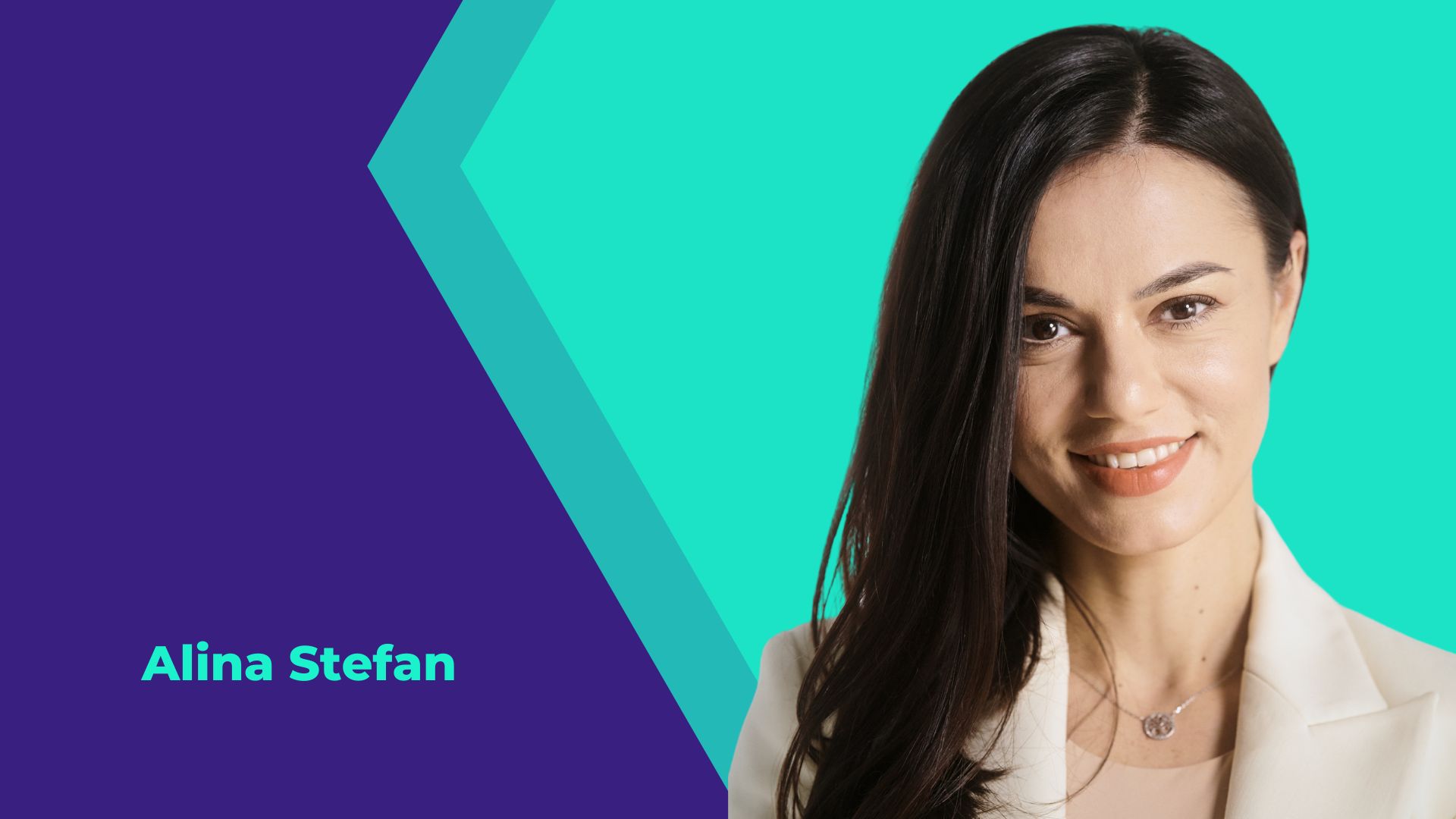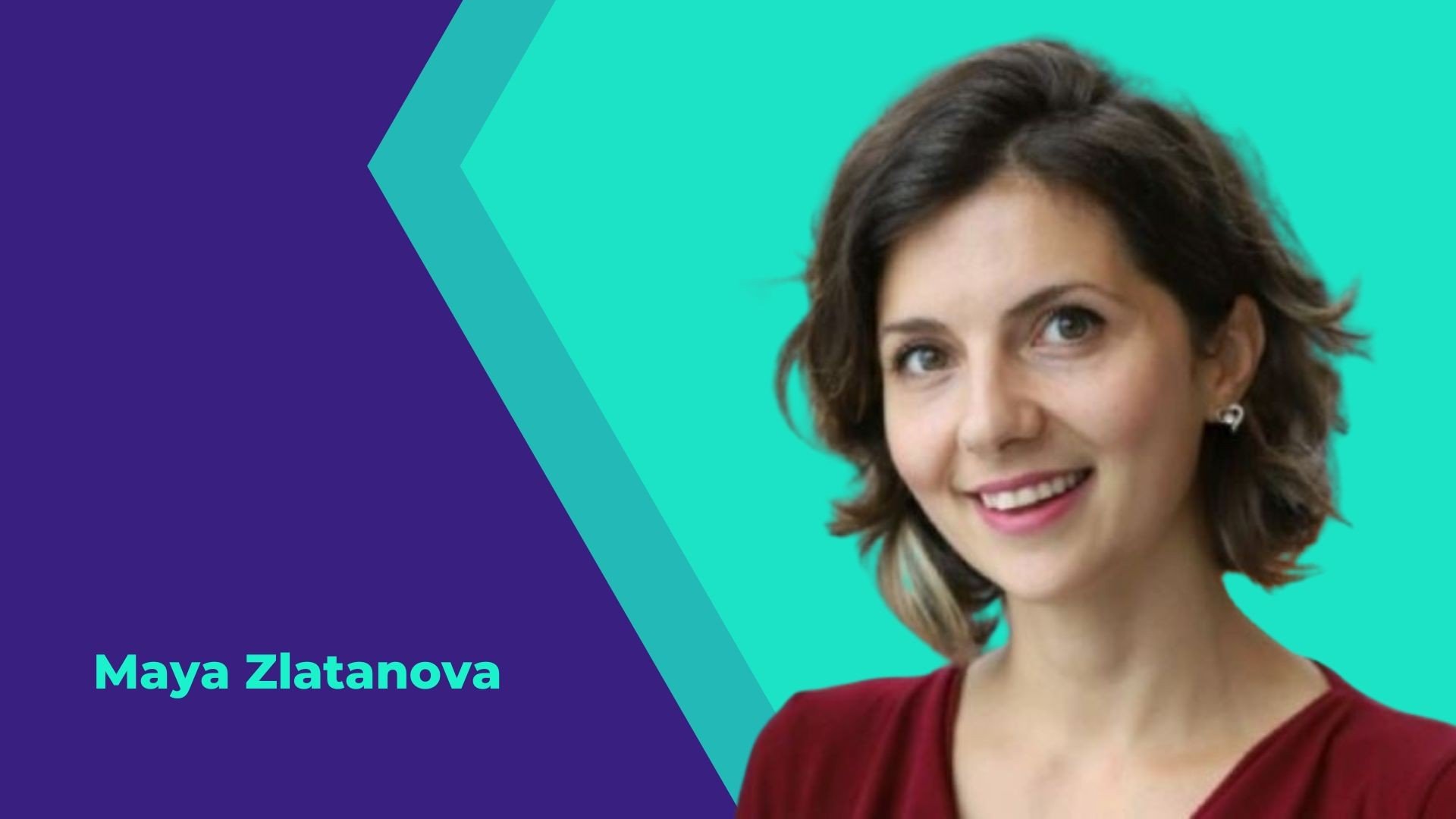As our team is getting more diverse, we are adding some testosterone weight to our scales, I was curious to find out how inclusive other SEE tech startups are. To say diversity matters is a cliche I want to stay away from. Instead, I am going to share what endless studies have shown. Diversity stirs up creativity, creates sustainable growth, and helps a company outperform financially on the market, to name a few.
So, I picked the brains of six female founders with Romanian and Bulgarian DNA to discover how they built their work environment, what they value inside their company, what makes a great culture these days, and what future leaders should know.
Continue reading to get insights from Xenia Muntean, co-founder of Planable; Alina Stefan, co-founder of Salarium Fintech; Ioana Surdu-Bob, co-founder of Konvi; Lubomila Jordanova, co-founder of Plan A; Gergana Stancheva, co-founder of LAM’ON; and Maya Zlatanova, co-founder of FindMeCure.
Diversity as part of the startup culture
Looking over the numbers, although most of them showcase diverse teams, the scale favors a bit men to women in the tech workforce – an average of 55% men to 45% women.
Yet, the six founders are aware of this and make it their business to promote diversity, equity, and inclusion. For example, Lubomila Jordanova from Plan A revealed they have a dedicated training program for this and a task force that ensures they evolve in the right direction.
Then, Ioana Surdu-Bob from Konvi tells me:
“We will always hire the best person for the job and do not let bias come into play. I am looking forward to bringing into the team many more amazing women that will support us in scaling the business.”
When it comes to nationalities, all the companies show an affinity to work with a wide variety of team members that bring value to their business culture and promote their mission.
And how about age? While most employees are Gen Zs and Millennials, each company has a few parents and seniors to keep the scale balanced.
“It’s questionable though who is younger really, as age doesn’t tell anything about energy and spirit,” Maya Zlatanova from FindMeCure concludes.
The challenges and perks of working in a tech startup

Xenia Muntean, who is building a platform for marketers to connect with clients, shares right from the beginning that although they take their work seriously, with a focus on ownership, builder mentality, and growth – both personally and professionally, they also like to joke around and not take themselves too seriously.
“We have unlimited PTO at Planable, paid lunches and healthy fruits and snacks at the office, a flexible work schedule, private medical insurance, a learning stipend that each team member can decide what to spend on, an annual company retreat in a fabulous location to disconnect and reconnect, and even a nap room at the office,” Xenia Muntean says.

Alina Stefan, who is developing a fintech product, reveals that Salarium’s startup culture makes them feel secure to grow even if building a startup isn’t a walk in the park. They keep an open mind and schedule, with each team member coming forward and asking for what they need, be it a day off to recharge or to accommodate kids, especially during long summer months out of school.
She shared that the core of their business is made up of:
“Honesty and authenticity. For me, these two core values are the bedrock for virtues like honor, integrity, and loyalty.
It’s not a game of perfect. To grow, you must stay curious and try different approaches, which, by default, will include some trial and error – the fundamental method of problem-solving.
Make it work, then make it better. It was first brought up by my colleague, Alina Bancila, when she was summing up the way we work for a client. It resonated with all of us when we heard it and made it a motto ever since.
Feedforward is more important than feedback. Feedback is commonly practiced in most companies as a basis for improvement. For us, feedforward is more practical and easier to give, making the process of learning easier.”

Ioana Surdu-Bob from Konvi, a crowd investment platform democratizing access to high-yielding alternative assets, like jewelry, says they want to deliver impactful work as fast as possible. As a startup team, each person has to bring 10 times the value. This is why they iterate, learn from mistakes, and adapt quickly.
“The team is enabled to be creative. Each team member owns certain initiatives, and is free to test ideas, and learn. In terms of managing stress, we have been mindful since day one to build a product that runs on autopilot. As we are a young team, we have a fun working environment without unnecessary meetings. Every Friday we have beers and play pool at the office, and we also allow up to 15 days a year of remote work,” the Konvi founder tells The Recursive.

Lubomila Jordanova from Plan A is aiming to fight climate change, and this can sometimes be quite a challenge. So, she tells me that the core pillars of their startup culture are a positive and pioneering mindset, empowerment, collaboration, technical knowledge, and integrity.
“We have been offering a lot of support and programs to uphold the mental and physical wellbeing of our staff, such as mental health coachings, flexible working hours, special leave for sick parents and kids, special leave for birth, and a sabbatical every 2 years, just to name a few. We regularly extend our offerings to ensure we are meeting the needs of our employees,” the CEO shares.

Gergana Stancheva from LAM’ON, which has developed biodegradable packaging from corn, is in the process of growing her diverse team with clear communication, mutual respect, and care. She wants everybody that works with them to be fulfilled, as this will make them want to evolve. For this, she reveals she is working with an organizational psychologist to set up a code of conduct as part of the startup culture.

Maya Zlatanova from FindMeCure, a project bringing clinical trials closer to patients, says that what drives the team forward is the “give-first” mantra, followed by failing fast, and learning as you make things possible. They are known for their passion to walk the extra mile for each other, and their clients.
“To align the team around the common goals, we have a weekly meeting, and we try to make sure that each one of us knows how he or she contributes to them. A parent or not, we allow you to manage your own time, as long as you are working on your priorities. Every second Friday we have afternoon beers and board games and are now going to Greece for team building. We all trust each other and know that everyone is doing his best at the time and when he/she cannot, he/she can be transparent about it, and will handle the situation together,” Maya describes their process.
Tips for the new tech leaders of tomorrow
- Xenia reveals that in the beginning, you have to dream big, not realistic. Be inspired by your vision, pitch it to the world with passion, and in doubt if it’s too big, she says “take it up a notch”.
- Alina would like more women to be brave to grow a business. She believes that persistence with work and effort, and a dash of resilience will make the mission a reality.
“Talent is great, and so is a brilliant spark, yet ideas without structured work and consistency are hard to materialize and even harder to become impactful.” – Alina Stefan
- Ioana’s tips go straight to future tech founders and raise important questions they should ask themselves. Bootstrapping or raising funds? A VC-backed startup isn’t for everybody. How are you going to manage your burn rate?
“After having raised funds, the highs are very high and the lows are very low. You must navigate the lows without your emotions affecting your decisions or your team. It requires a level of resilience you cannot build in advance. And, as a woman especially, it takes a long time to convince the world you are a strong founder.” – Ioana Surdu-Bob
- Lubomila doesn’t recommend enough the importance of mentorship, of meeting the right people that will help you learn. Then, she encourages young professionals to test themselves in different environments before launching their own – corporations, startups, NGOs, and foundations.
- Gergana makes a strong point of letting future entrepreneurs know that there is a lot of work involved, and not that much security in the first years. But she says there is no other job as fulfilling as building your tech startup.
- And Maya would like the new generations joining the workforce to know that there is no such thing as perfect. That success is not a final destination, but a daily journey with decisions and actions that take you away from your comfort zone, while triggering you to fight for problems you are passionate about.







